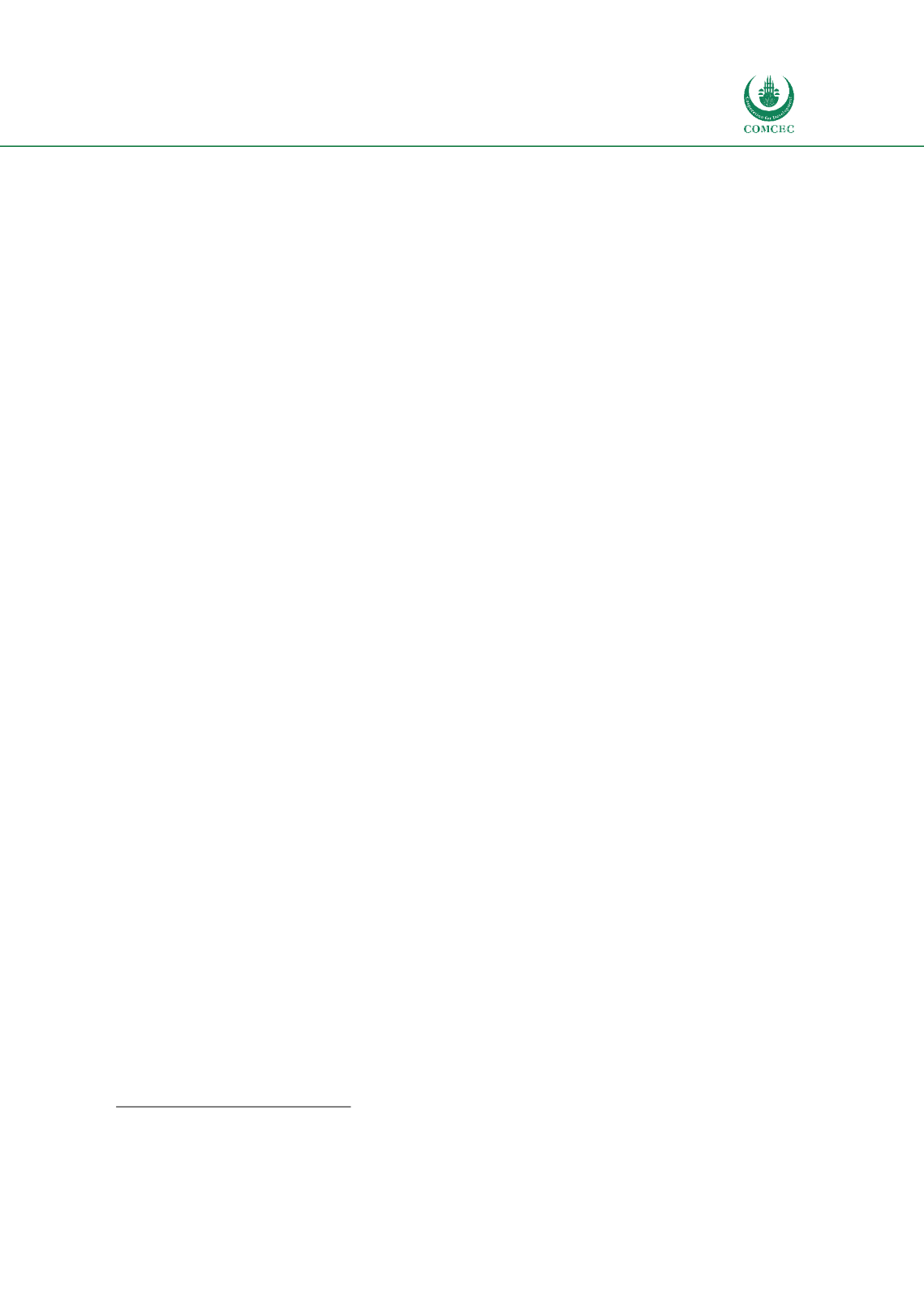

Facilitating Trade:
Improving Customs Risk Management Systems
In the OIC Member States
123
5.2.4.6
Key Performance Indicators in Senegalese Customs
The SCC has developed an application for management of offenses. The application allows the
drafting of a visiting order based upon a fraud information sheet provided by the application
itself. In this way, the Decision Support Office can generate feedback and make it available to the
evaluation committee for further risk estimation. On the other hand, for the offices that are not
connected to the TAME system, the paper remains as the only means of transmission of the
inspection results.
Quantitative measurements (number of declarations per channel and feedback from
control/inspection) are performance indicators of ratios per channel. They also enable
measuring the effectiveness of the CRMvia the ratio of controls number and the results obtained.
The analysis of TAME data showed that the red channel had not led to a reduction in the number
of irregularities. This suggests that risk management was effective, but it is important to keep
these performances over a longer period.
5.2.4.7
Intergovernmental integration of risk management in Senegalese Customs
On the Governmental level, there is an ongoing project for interconnectivity and interoperability
between the customs and tax administration, the treasury, the statistical agency, etc. At the
moment it is only the customs and the tax administration that can exchange information
between them to better direct their controls. On the other hand, additional risks such as food or
environmental risks are not yet covered. A common risk indicators repository is pending
development and will allow OGAs actively to participate in the CRM.
5.2.4.8
Bilateral/multilateral cooperation in Senegalese Customs
Senegal is part of the ECOWAS
77
and WAEMU
78
which both have adopted the Common Customs
Code. The current version of the regional framework is not concerned with risk management.
The UEMOA framework does not mention the CRM - except in its revised version, but the
member countries have not yet adopted it.
It should be noted that Senegal has adopted both the WCO Framework of Standards and the
WTO Trade Facilitation Agreement, both of which requires the CA to make use of risk
management as the primary control tool.
5.2.5
Intelligence in Senegalese Customs
The focus of the Intelligence Unit is on specifying what has been found in the process of
information collection, analysis, and measurement of risk. The types of knowledge involved in
the practice of the Intelligence Unit can be categorized as administrative, policing, legal,
procedural, and analytical knowledge.
General tasks for the Intelligence Unit are:
Support to RM Unit by providing risk indicators;
Support to customs operational staff;
Support to national/international LE Agencies and LIO’s ;
Management of the Intelligence IT system;
Strategic, tactical and ad-hoc analysis;
77
http://www.ecowas.int/78
http://www.uemoa.int/en















